Great masses of people these days live out their lives in a dull and loveless stupor. Sensitive persons find our inartistic manner of existence oppressive and painful, and they withdraw from sight. I believe what we lack is joy. The ardor that a heightened awareness imparts to life, the conception of life as a happy thing, as a festival. But the high value put upon every minute of time, the idea of hurry-hurry as the most important objective of living, is unquestionably the most dangerous enemy of joy.
Our ways of enjoying ourselves are hardly less irritating and nerve-racking than the pressure of our work. “As much as possible, as fast as possible” is the motto. And so there is more and more entertainment and less and less joy. This morbid pursuit of enjoyment is purred on by constant dissatisfaction and yet perpetually satiated.
The ability to cherish the “little joy” is intimately connected with the habit of moderation. For this ability, originally natural to every man, presupposes certain things which in modern daily life have largely become obscured or lost, mainly a measure of cheerfulness, of love, and of poesy. These little joys are so inconspicuous and scattered so liberally throughout our daily lives that the dull minds of countless workers hardly notice them. They are not outstanding, they are not advertised, they cost no money!
Just try it once — a tree, or at least a considerable section of sky, is to be seen anywhere. It does not even have to be blue sky; in some way or another the light of the sun always makes itself felt. Accustom yourself every morning to look for a moment at the sky and suddenly you will be aware of the air around you, the scent of morning freshness that is bestowed on you between sleep and labor. You will find every day that the gable of every house has its own particular look, its own special lighting. Pay it some heed if you will have for the rest of the day a remnant of satisfaction and a touch of coexistence with nature. Gradually and without effort the eye trains itself to transmit many small delights, to contemplate nature and the city streets, to appreciate the inexhaustible fun of daily life. From there on to the fully trained artistic eye is the smaller half of the journey; the principal thing is the beginning, the opening of the eyes.
A stretch of sky, a garden wall overhung by green branches, a strong horse, a handsome dog, a group of children, a beautiful face — why should we be willing to be robbed of all this? Whoever has acquired the knack can in the space of a block see precious things without losing a minute’s time. All things have their vivid aspects, even the uninteresting or ugly; one must only want to see.
And with seeing come cheerfulness and love and poesy. The man who for the first time picks a small flower so that he can have it near him while he works has taken a step toward joy in life.
My advice to the person suffering from lack of time and from apathy is this: Seek out each day as many as possible of the small joys, and thriftily save up the larger, more demanding pleasures for holidays and appropriate hours. It is the small joys first of all that are granted us for recreation, for daily relief and disburdenment, not the great ones.
Hermann Hesse


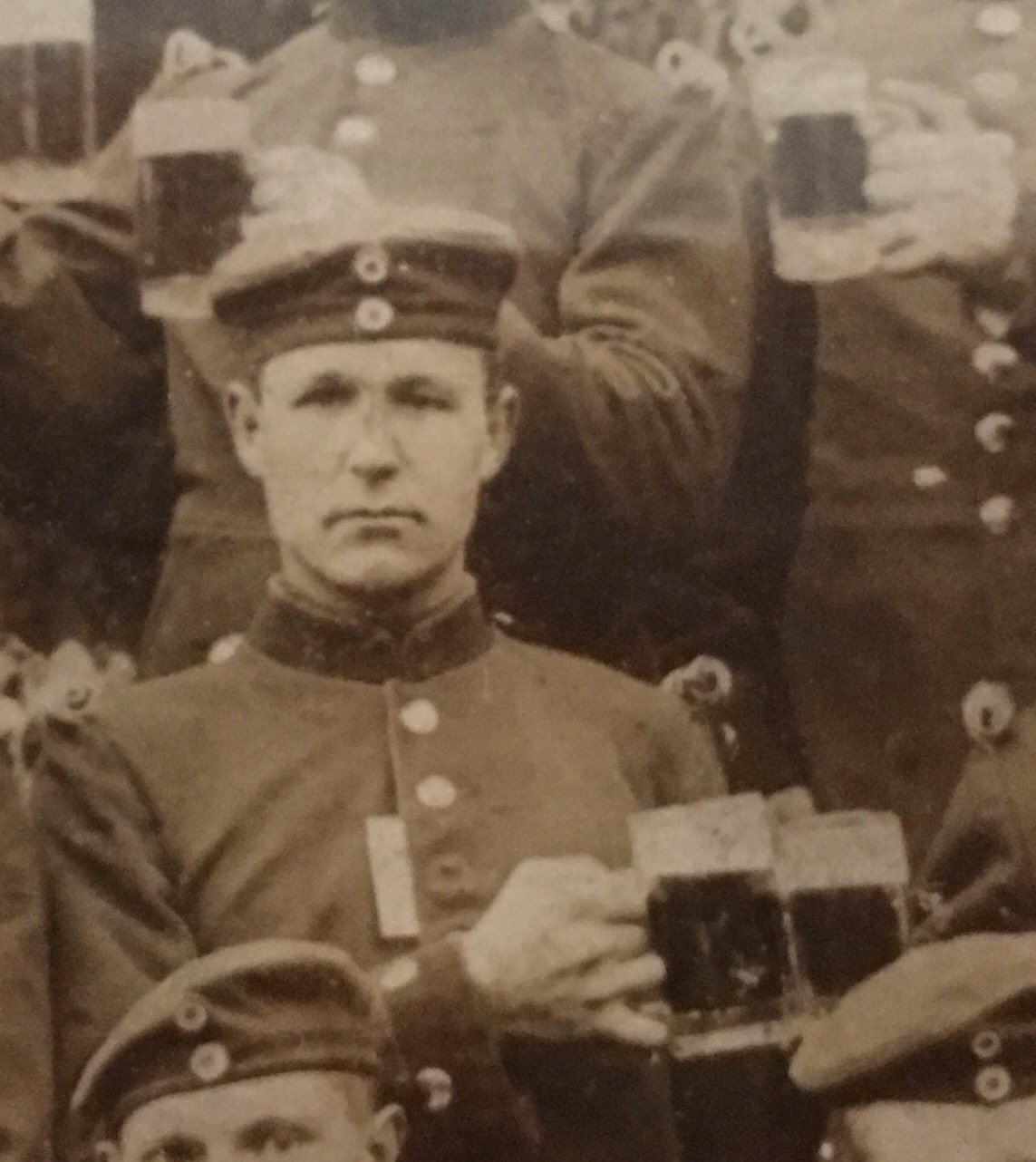







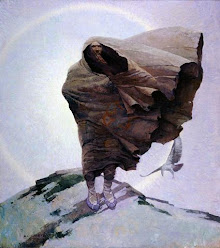













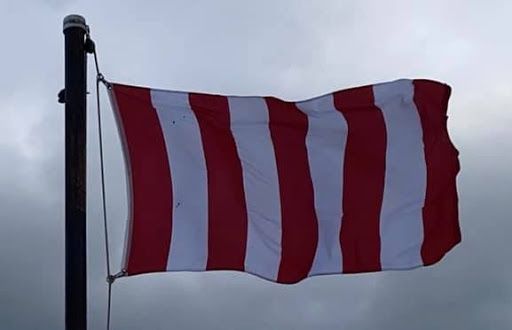
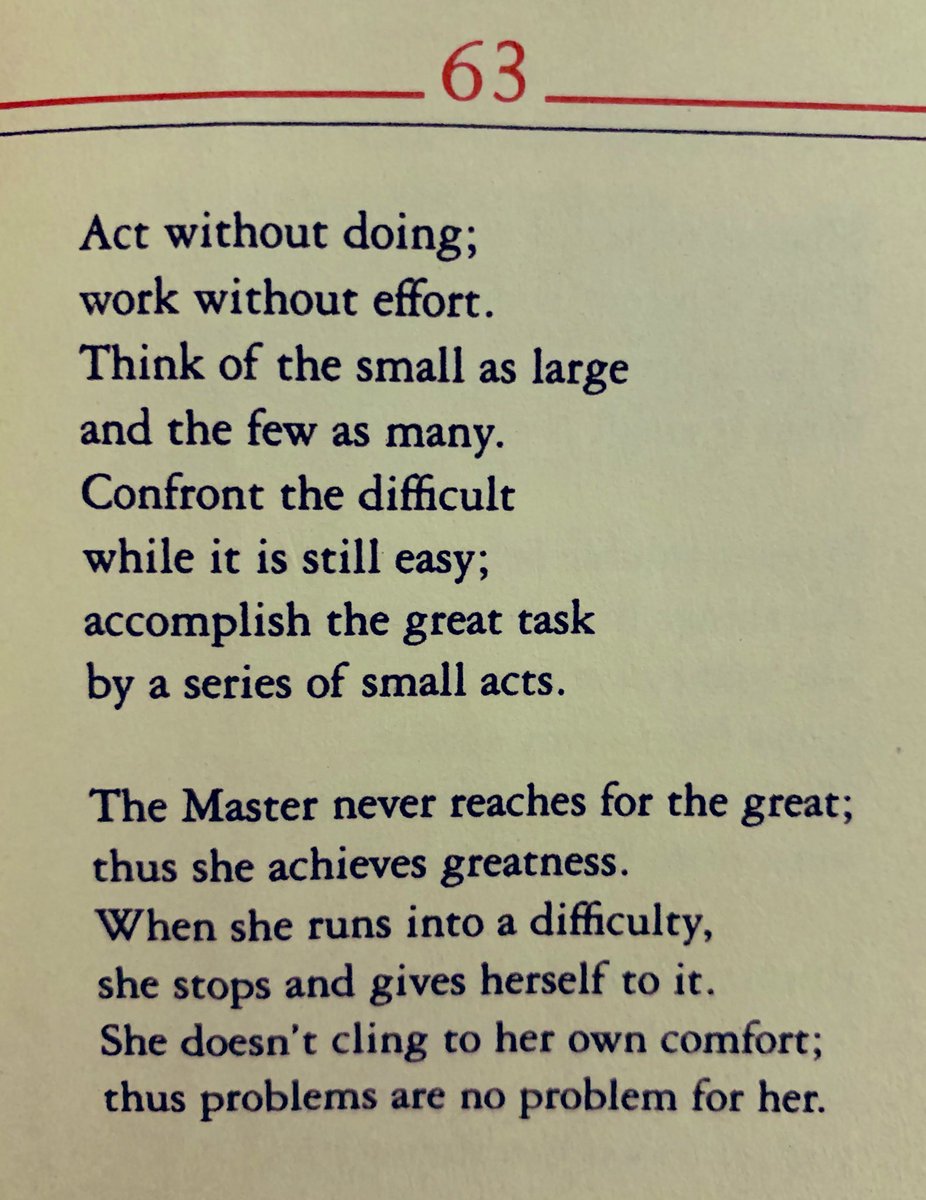









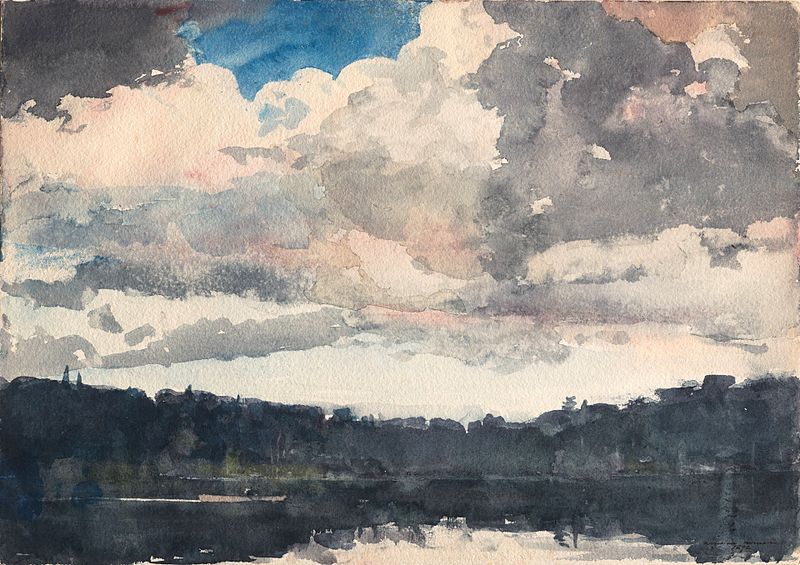





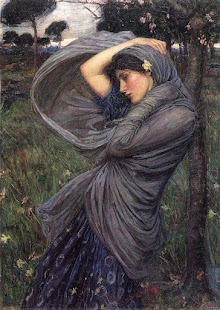












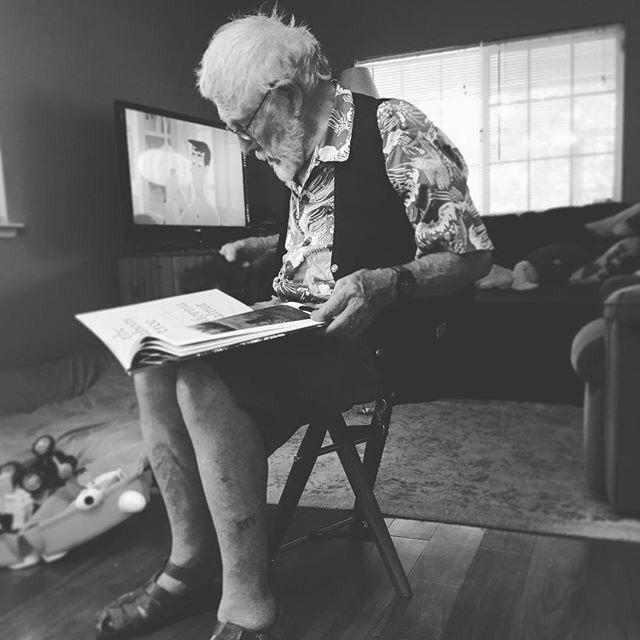




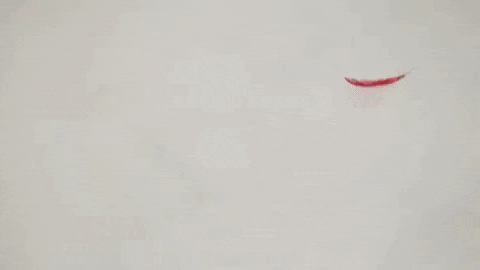



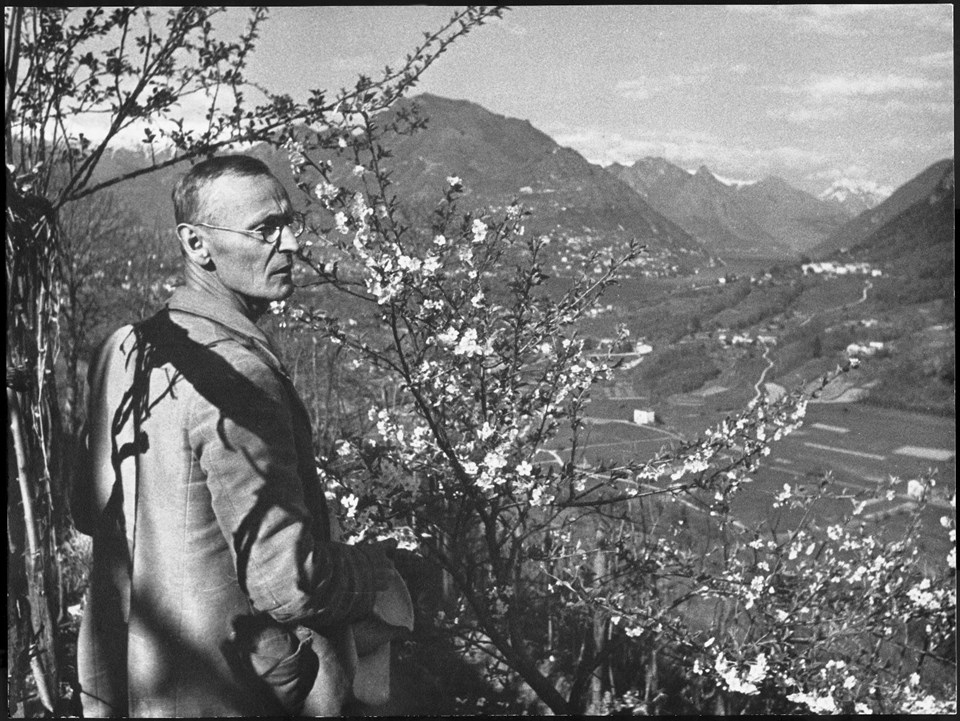


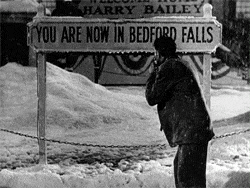







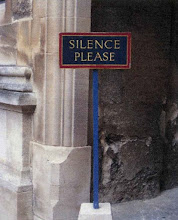









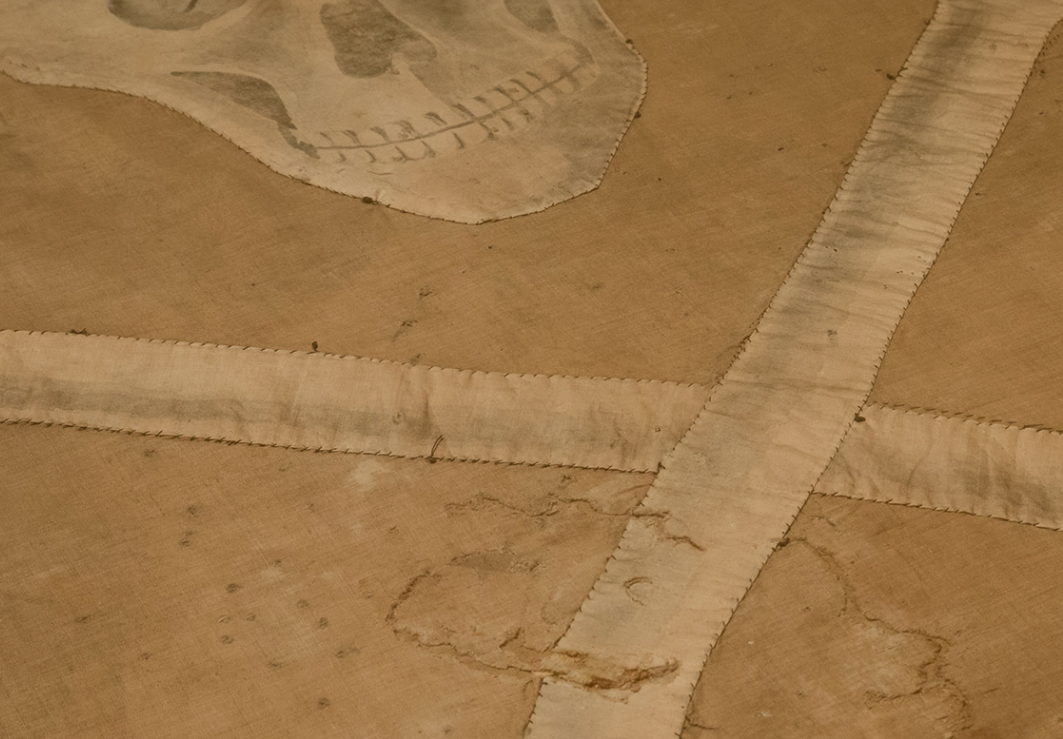

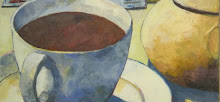
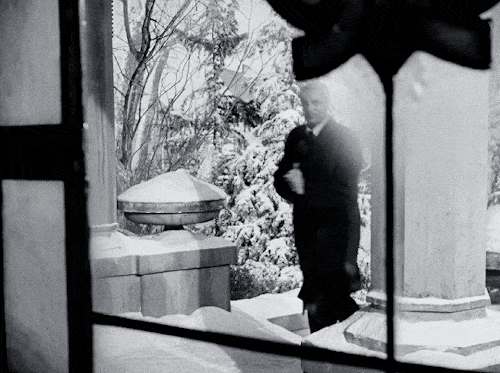





















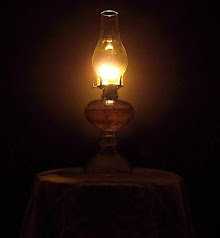







No comments:
Post a Comment